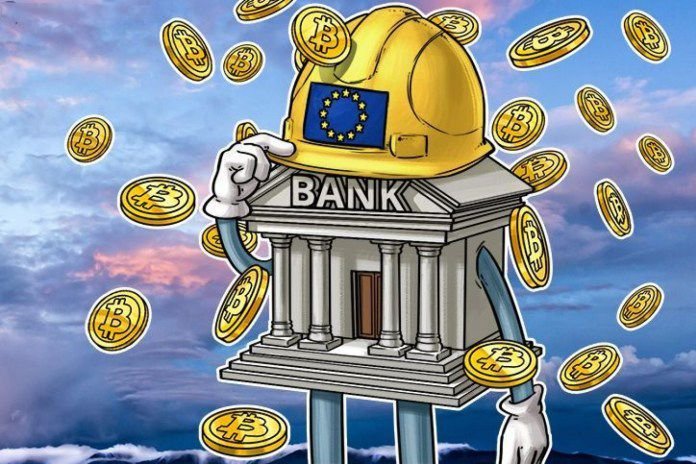For some people, electronic money is an alien, for some it is a scam, for young people, it appears as a way to get rich quick without working. drudgingly. When looking around, governments have very different views about electronic money.

China and electronic money.
In the past, the Chinese government has issued rigid rules on electronic money. Fortunately, the country is planning to create its own electronic currency, and that currency will be legally acceptable and can spend domestically. The People's Bank of China (PBOC) has revealed that it is working on expanding this currency this year. According to the PBoC, this development is to protect the Yuan from the threat posed by digital coins.
Nigeria and electronic money.
The Nigerian government has a different definition of electronic money. For them it was a Mavrodi scam (MMM). The electronic currency is drawn as a scam by Nigerians who have been duped by MMM. Poor education may be one reason the Nigerian government draws on electronic money as a scam. This has led to other divisions, including the Nigerian Central Bank (CBN), calling it a big scam.
Research director at Nigerian Deposit Insurance Corporation (NDIC), Adikwu Igoche, says electronic money is legalized in Nigeria, and therefore Nigerians should be wary of failures. Other.
"These currencies are not backed by any physical commodity such as gold or other precious stones. "It does not belong to any currency or currency of CBN or central bank of any other country."
The Bank of England has a different way of saying it.
Mark Carney, the governor of the Bank of England (BOE), is calling for standard regulation of electronic money. According to him, like currency identifiers, electronic currencies also need a standard ecosystem.
The European Central Bank has a different perspective. Banks of all banks say there are many dangers in digital coin. Vice President Vitor Constancio tied it to the name as a "tulip".
Venezuela: Anything?
The Venezuelan government has created a petroleum-backed electronic currency called Petro, in response to US sanctions against South American states. In early January 2018, the nation announced that, since its announcement of its ICO project, it has earned more than $ 3 billion from investors in 127 countries around the world.
South Korea has a very different view on electronic money.
Analysts said that after the United States and Japan, Korea is the largest market in the world for electronic money. The Korean government sees electronic money as a scam. The country's prime minister, Lee Nak-Yeon, has warned people of the dangers of cryptography, saying that it gives students the opportunity to engage in illegal activities. However, the country has not yet issued any password-cracking order.
So what about the US government?
Although there are speculations that the United States is planning to ban or regulate electronic money, there have not been any official statements about it. It is believed that the government may be planning to introduce early privacy and regulation of electronic money.
Germany warned investors!
Jens Weidmann, chairman of the Bundesbank, said Bitcoin was "speculative" and "investors could lose money". So he warned people to stay away from it.
Electronic money is defined on the basis of how it makes sense to the central bank of that country.
What does your country say about electronic money?
Informative and useful post! upvoted resteemed and follow you! I think that this time it is not what governments have in mind about e-currencies but rather what people -citizens- of these countries will do about... It is a very complicated analysis to study before we could say something concretely about the acceptance and the general use of e-currencies globally. For example, if China issues an official e-yuan even for only internal use this will have a tremendous impact on the global economy. It is almost sure that EU and USA will be obligated to issue their own e-euro and e-USD. If not, then they could be exposed to new monetary problems and maybe an internal price-crisis (price of goods and assets). But this scenario is just a hypothesis and cannot be verified at present time. Nevertheless, the real global monetary crisis shows the way leading the e-currency into pumps and dumps while statements and rumors about bans or stricter regulations generate the juicy speculative environment needed for the existence of the cryptomarkets. That said, it is quite obvious that States and Global Banks soon or late will adopt a new system of transactions, payments etc. The adoption of the blockchain technologies is one way to create a completely new global economy and we all live the time of this creation! Maybe next 5 years we buy and sell using e-wallets and different currencies ... Let's see what will be and take a position the best moment...
Thanks for reading my comment, have a nice day!
Thanks, I have the same opinion as you. Have a nice day